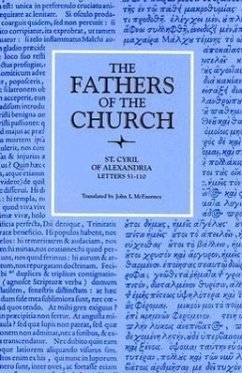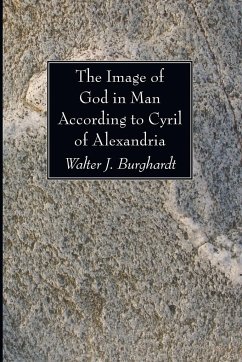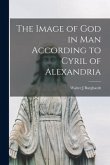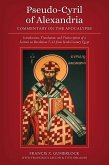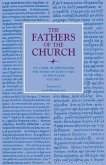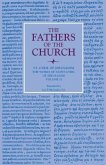This second and final volume of the letters of St. Cyril, Patriarch of Alexandria (412-444), takes up in medias res the great Christological controversy about the term Theotokos and the events which lead up to its resolution at the Council of Ephesus in 431. Defending the doctrines of the Trinity and the Person of Christ in the Alexandrian tradition of St. Athanasius these letters reveal Cyril's brilliant theological acumen and deep personal faith. Letters 51 to 61 are concerned with the question of John of Antioch and the bishops who, with him, supported Nestorius in the tradion of the Antiochene School, set up a rival council, and this went so far as even to depose Cyril. Of this group Letters 50 and 55 are exceptional for their theological content. Letter 66 to 74 deal with the extension of the Nestorian heresy by eastern bishops who, although they agreed to the deposition of Nestorius and the anathemas against him, began to uphold the ideas of his teachers Diodore of Tarsus and Theodore of Mopsuestia. Letters 77 to 79 and 85 are purely administrative and, as such, are noteworthy examples of Cyril's patriarchy. Letter 89, an exegetic explanation of the punishment of Cain, is a partial copy of letter 260 of St. Basil. Three letters are spurious; 86 and 87, which deal with the date of Easter, and 88, a supposed letter from Hypatia to Cyril. Perhaps the most unusual letter is 96, a breve or catalog of treasures sent from Alexandria as bribes to the imperial court at Constantinople, not an uncommon practice it would seem since Cyril writes about it quite openly. The translator has appended five letters to the corpus. The first four are addressed to Cyril and are important for the light they shed on the Nestorian controversy. The last, an alternate version of letter 85 translated from the Latin text, contains a response to the synod at Carthage concerning the date of Easter, different in the two versions.
Hinweis: Dieser Artikel kann nur an eine deutsche Lieferadresse ausgeliefert werden.
Hinweis: Dieser Artikel kann nur an eine deutsche Lieferadresse ausgeliefert werden.

